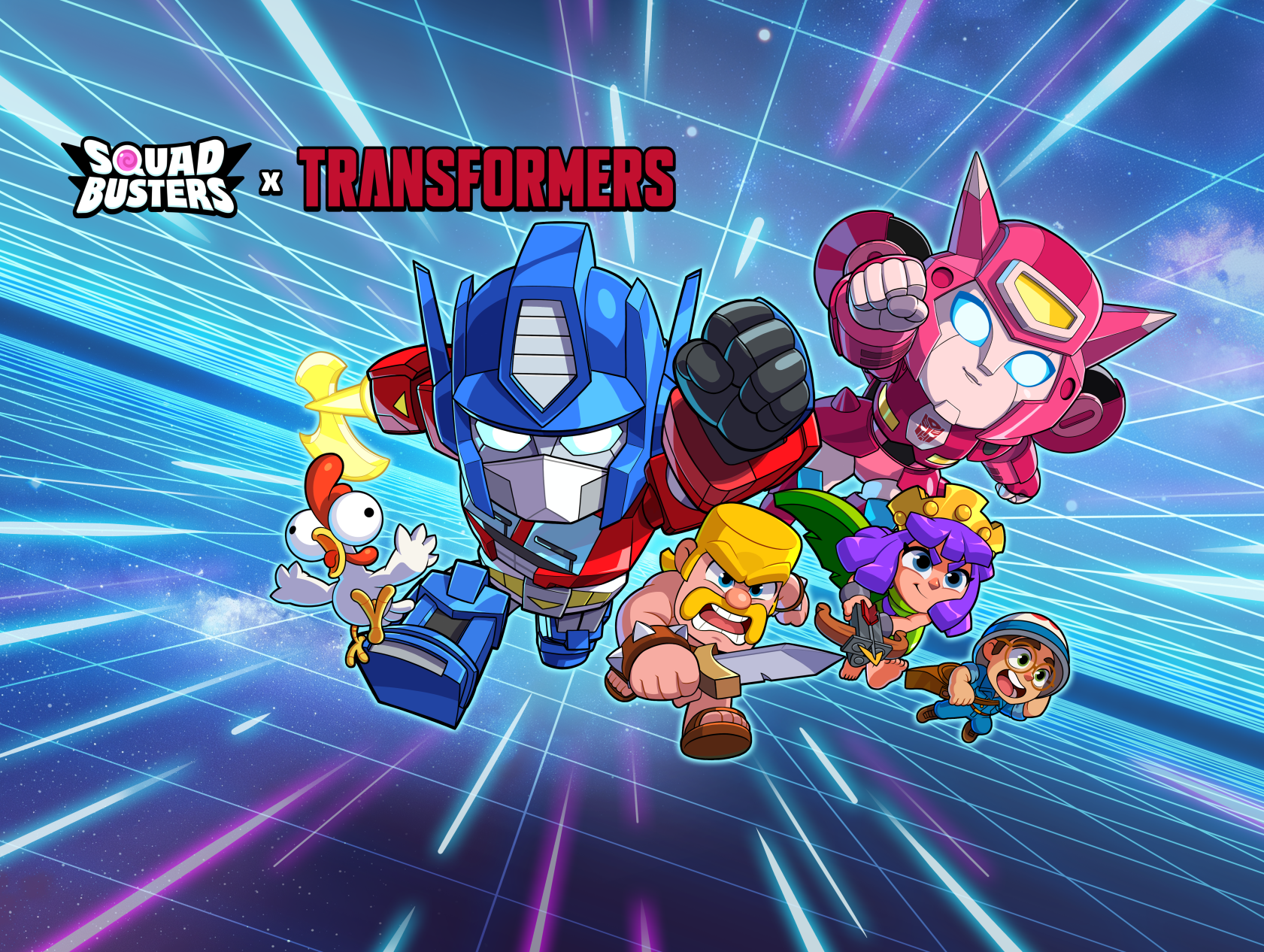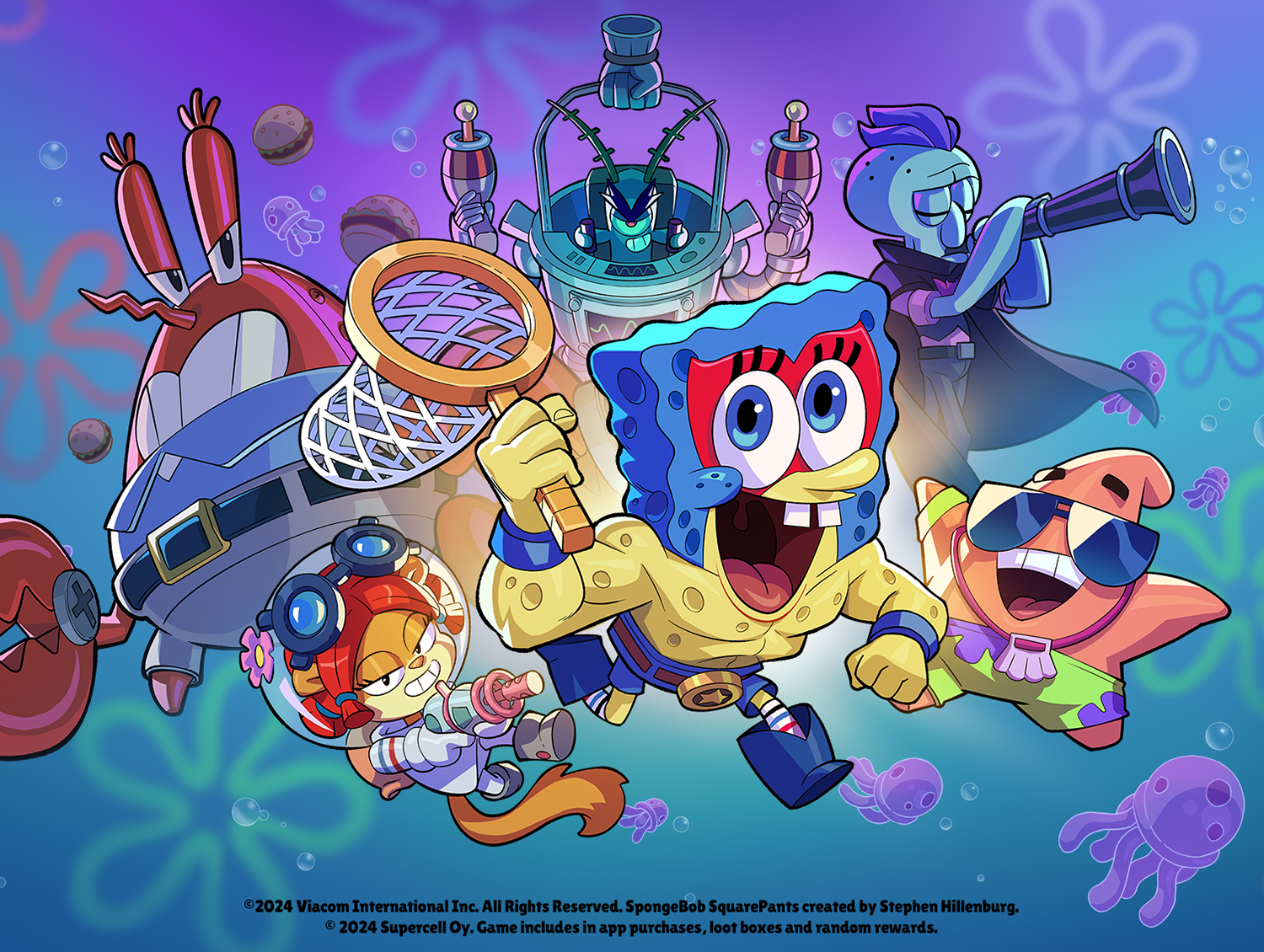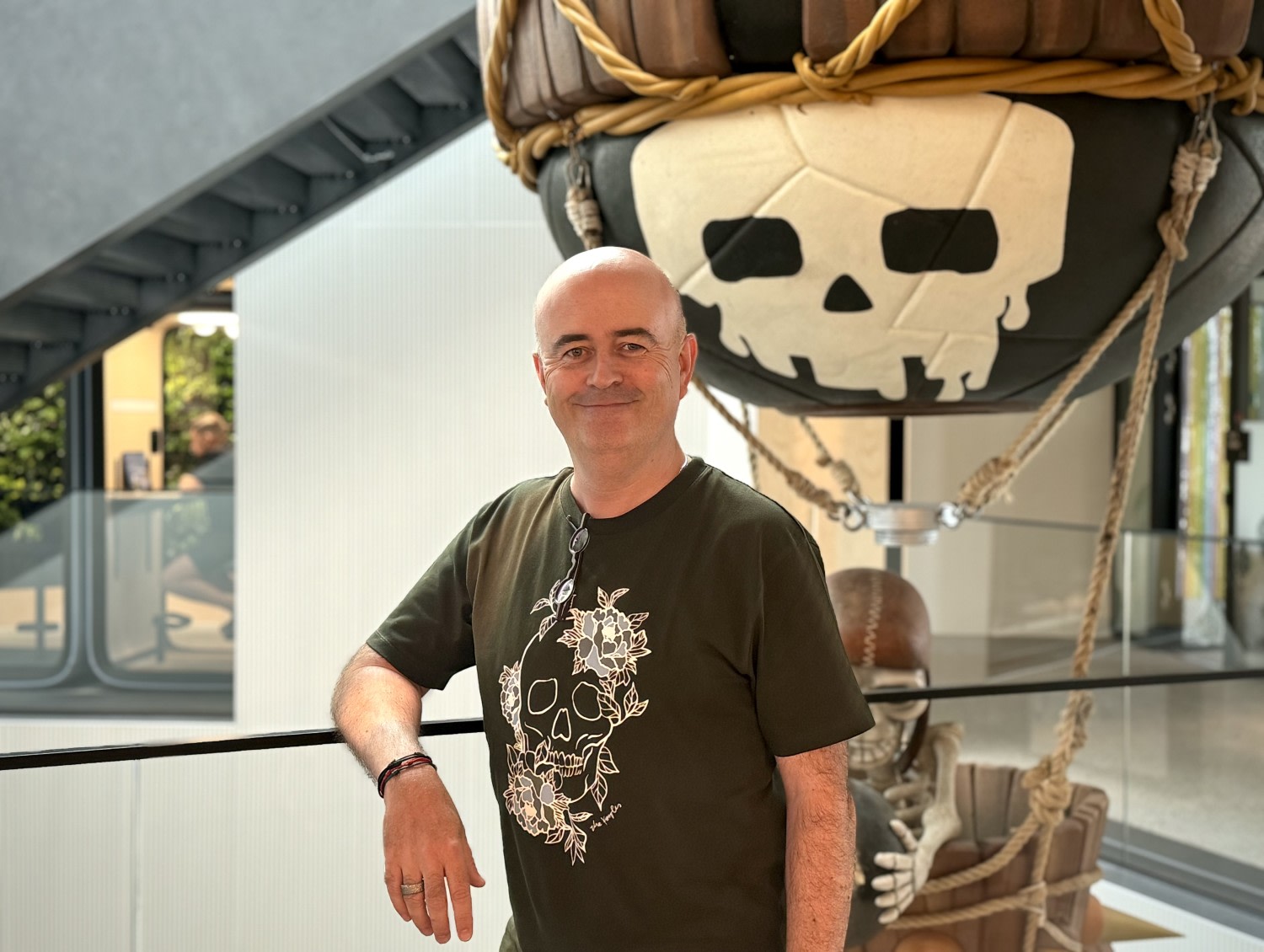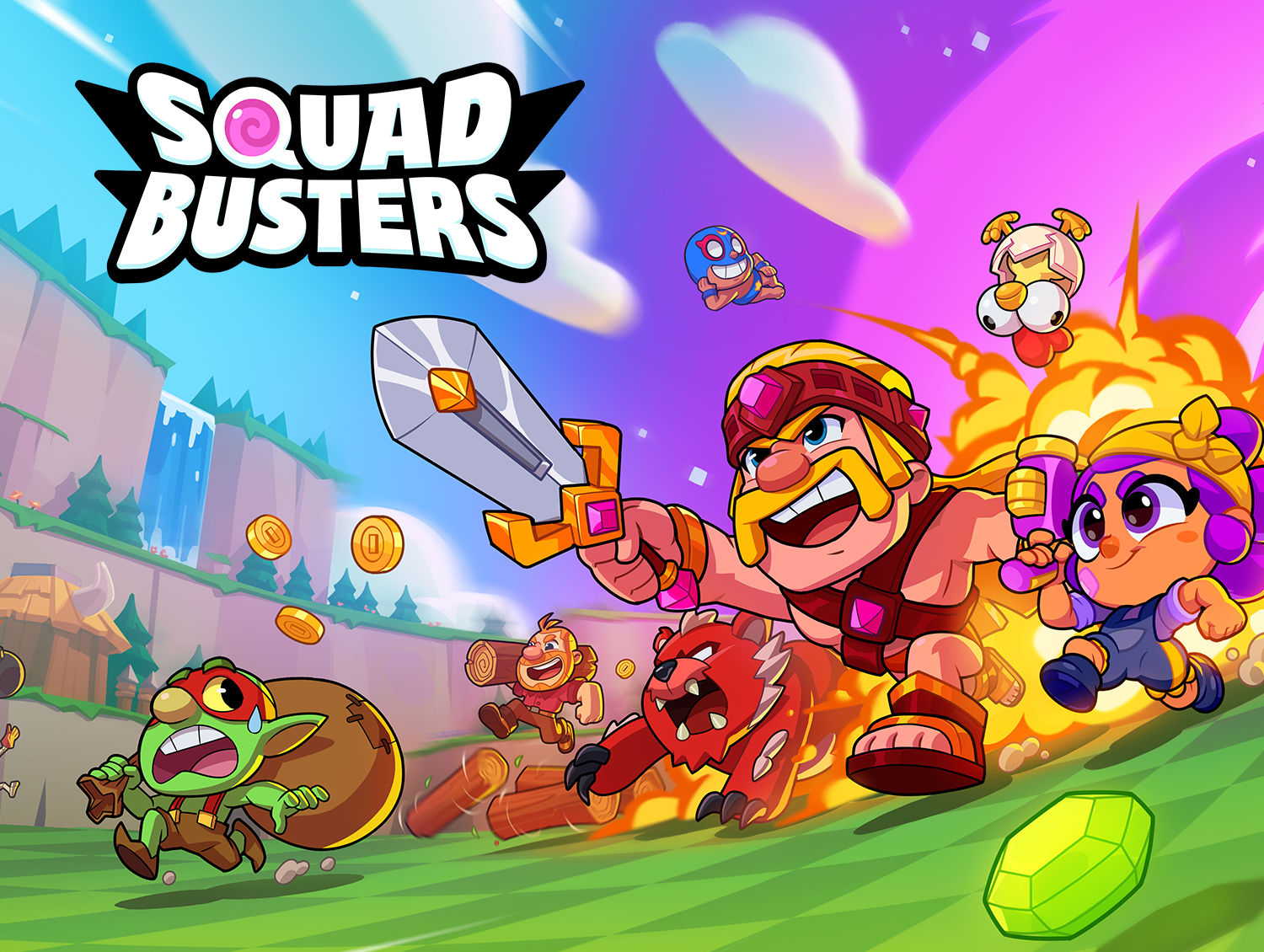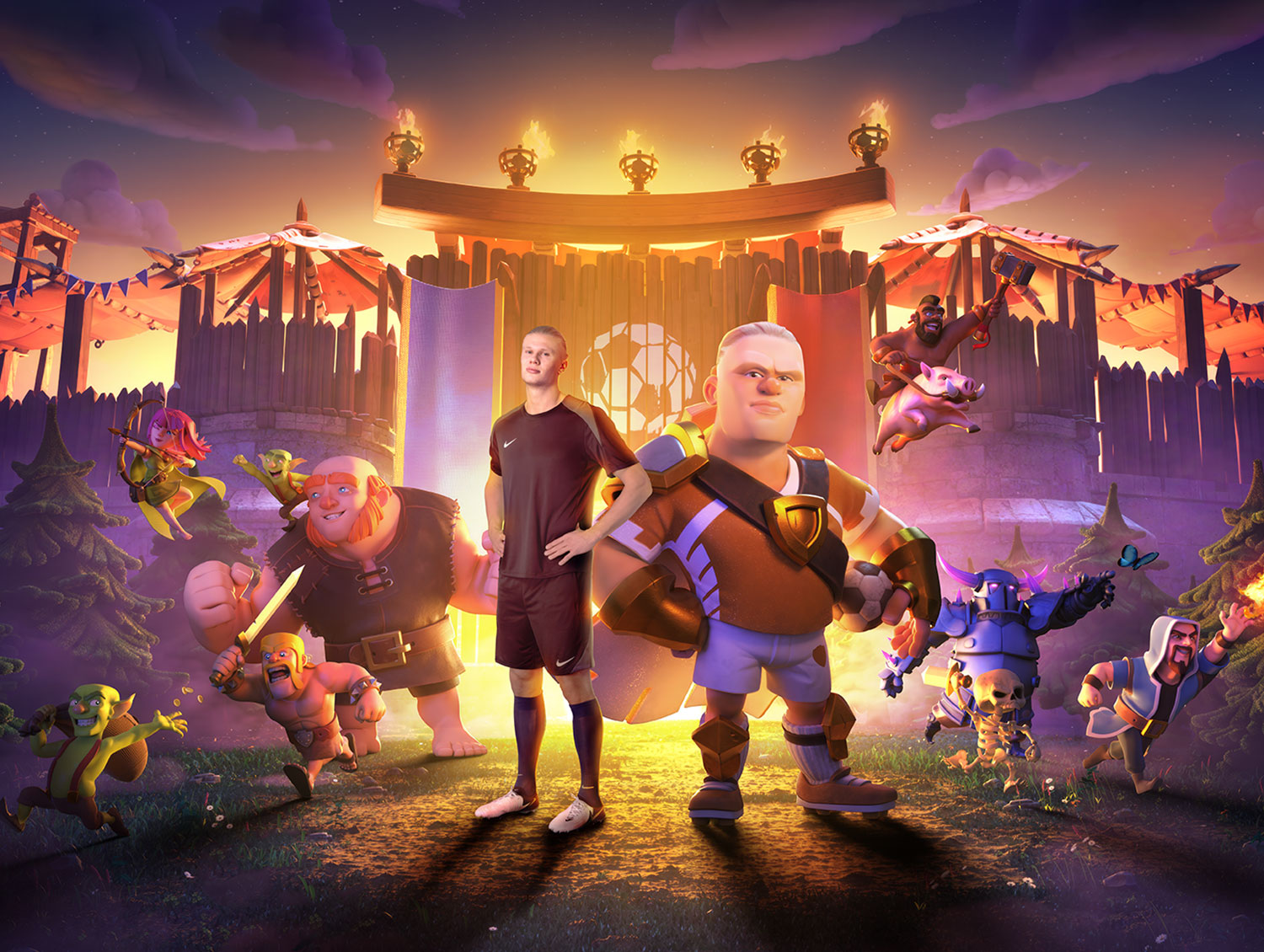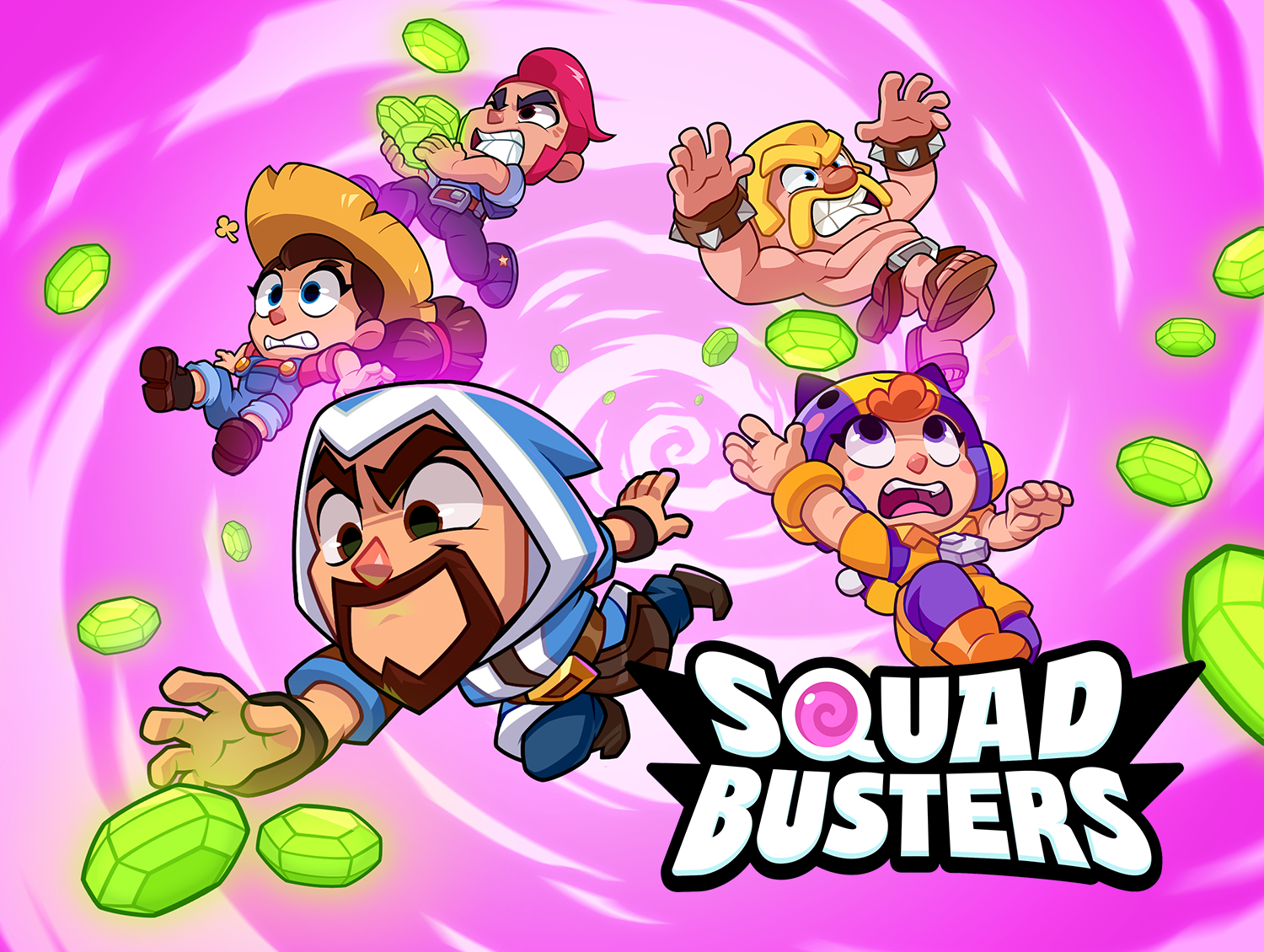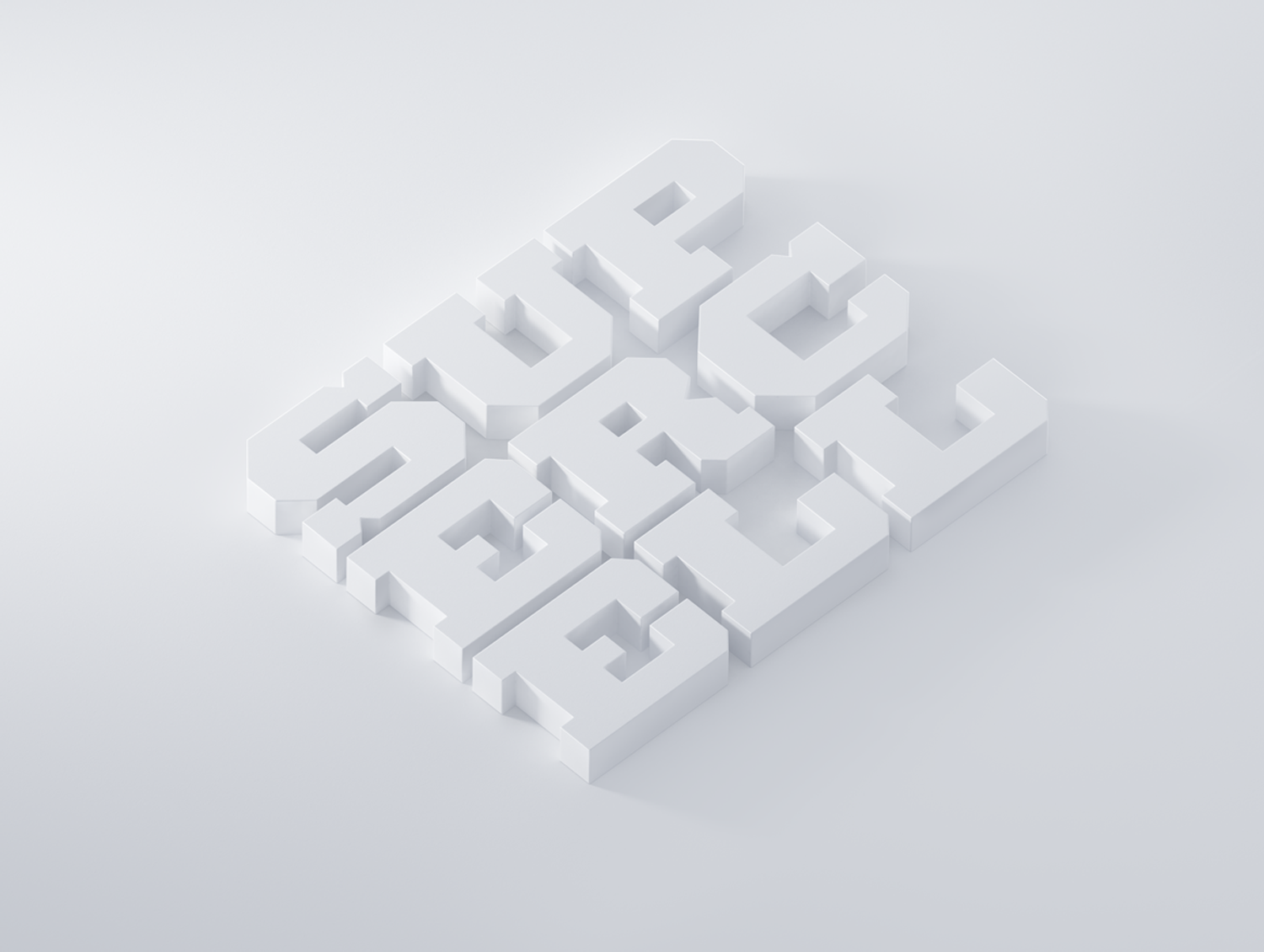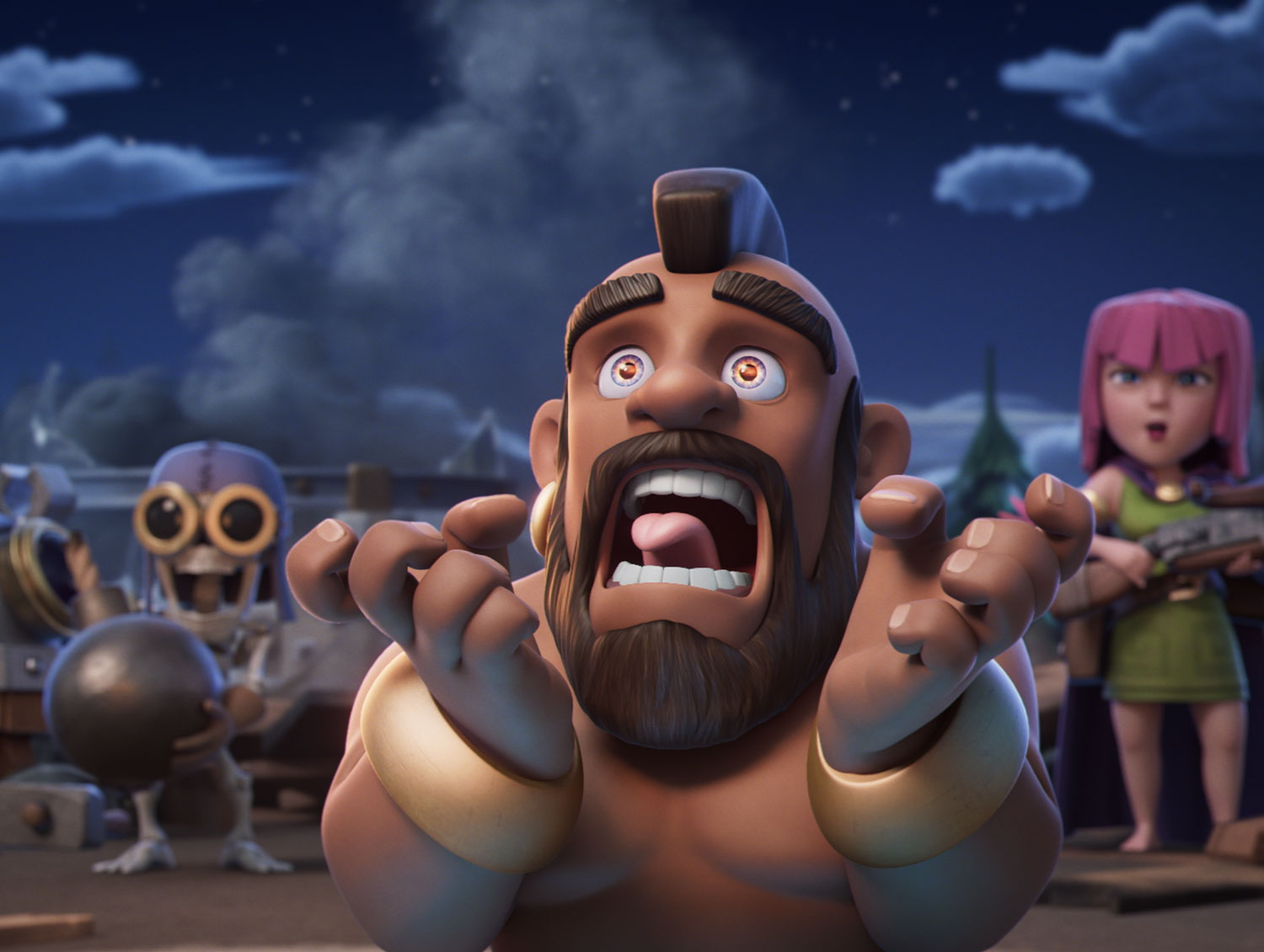

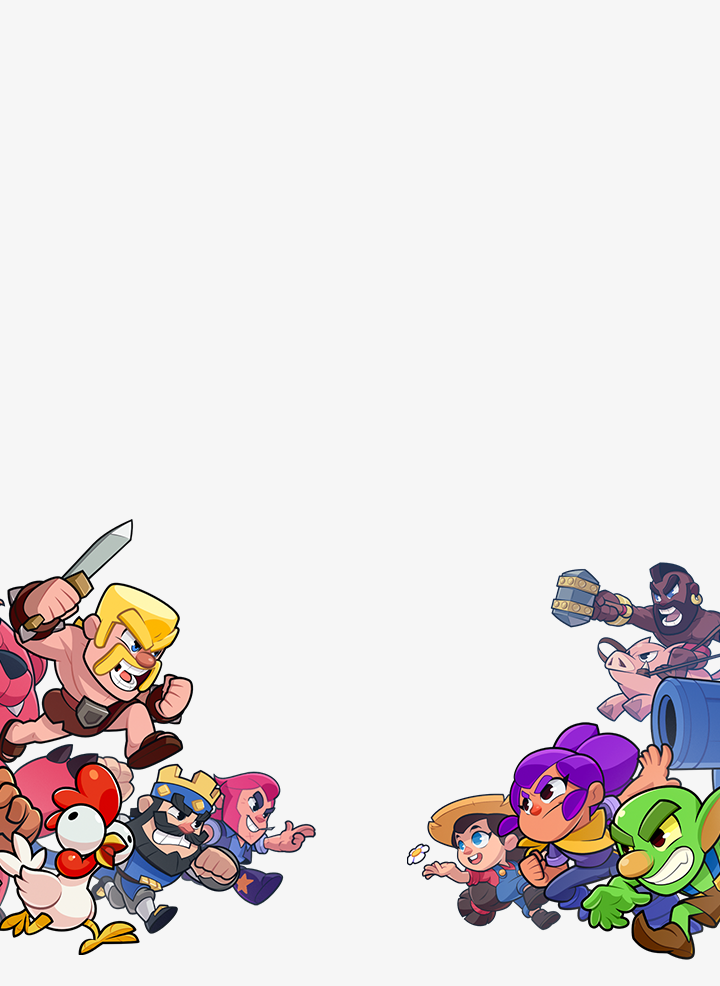
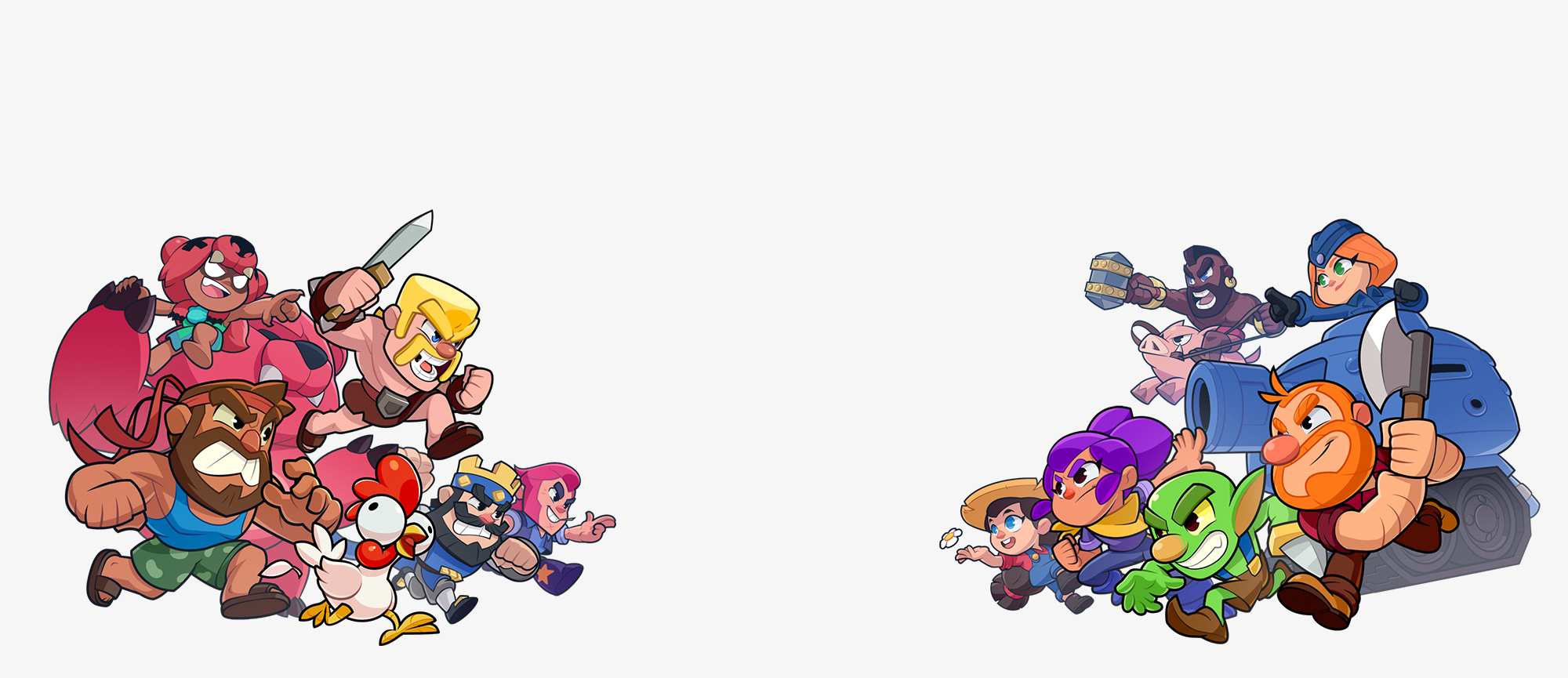
Supercell
Makers of Hay Day, Clash of Clans, Boom Beach, Clash Royale, Brawl Stars and Squad Busters.
Games
Our dream is to create games that as many people as possible play for years and that are remembered forever.
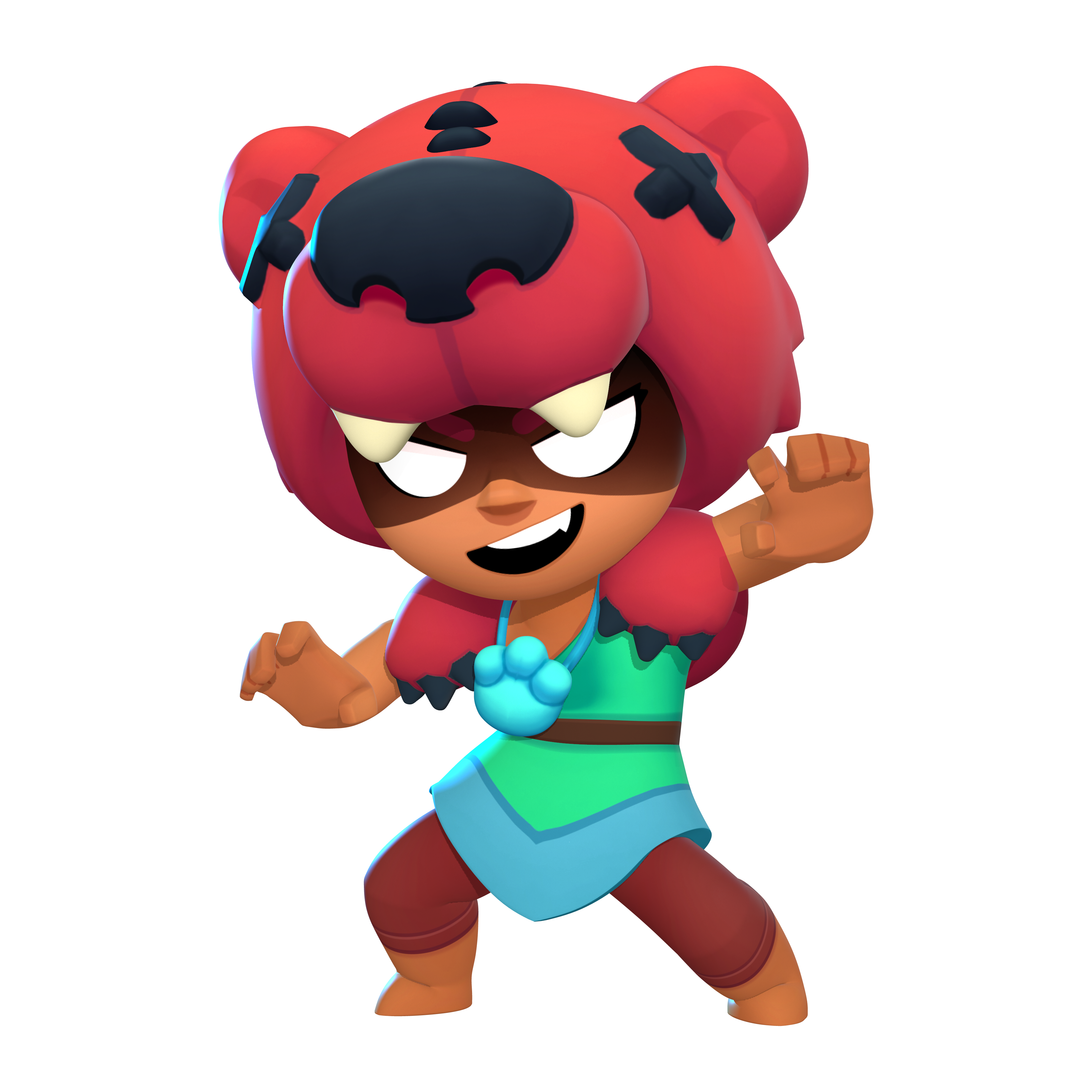
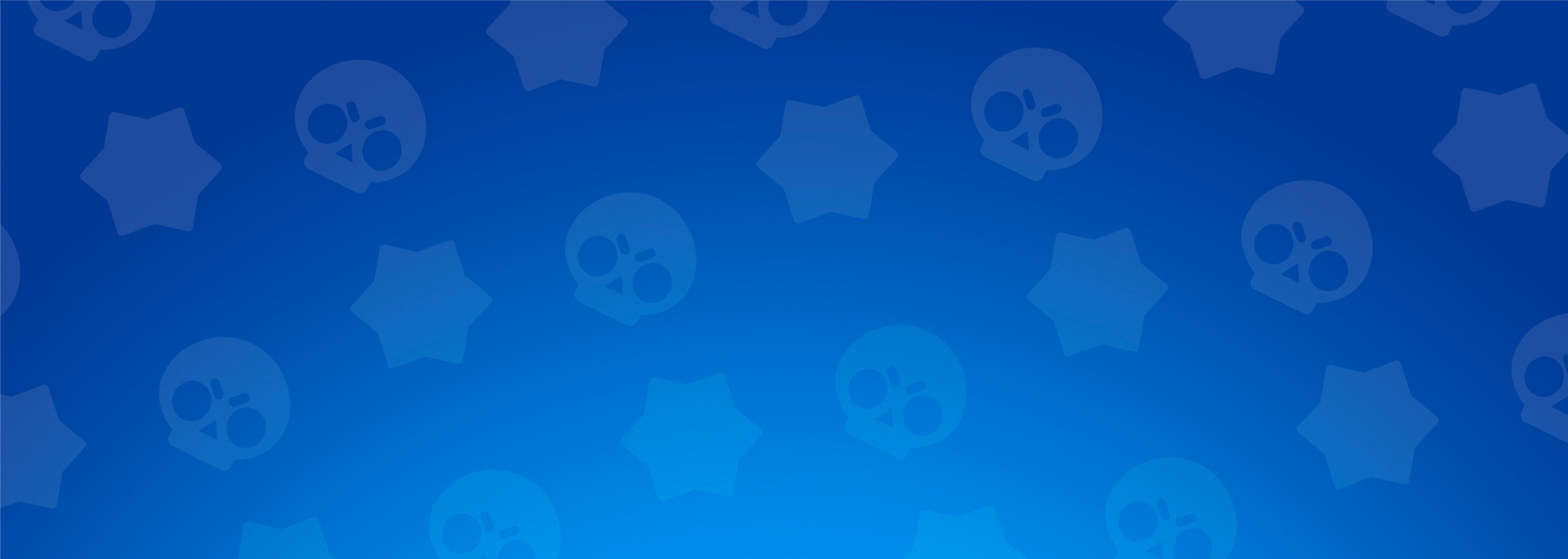
Careers
Join us to create games that excite and help our players around the world make memories.
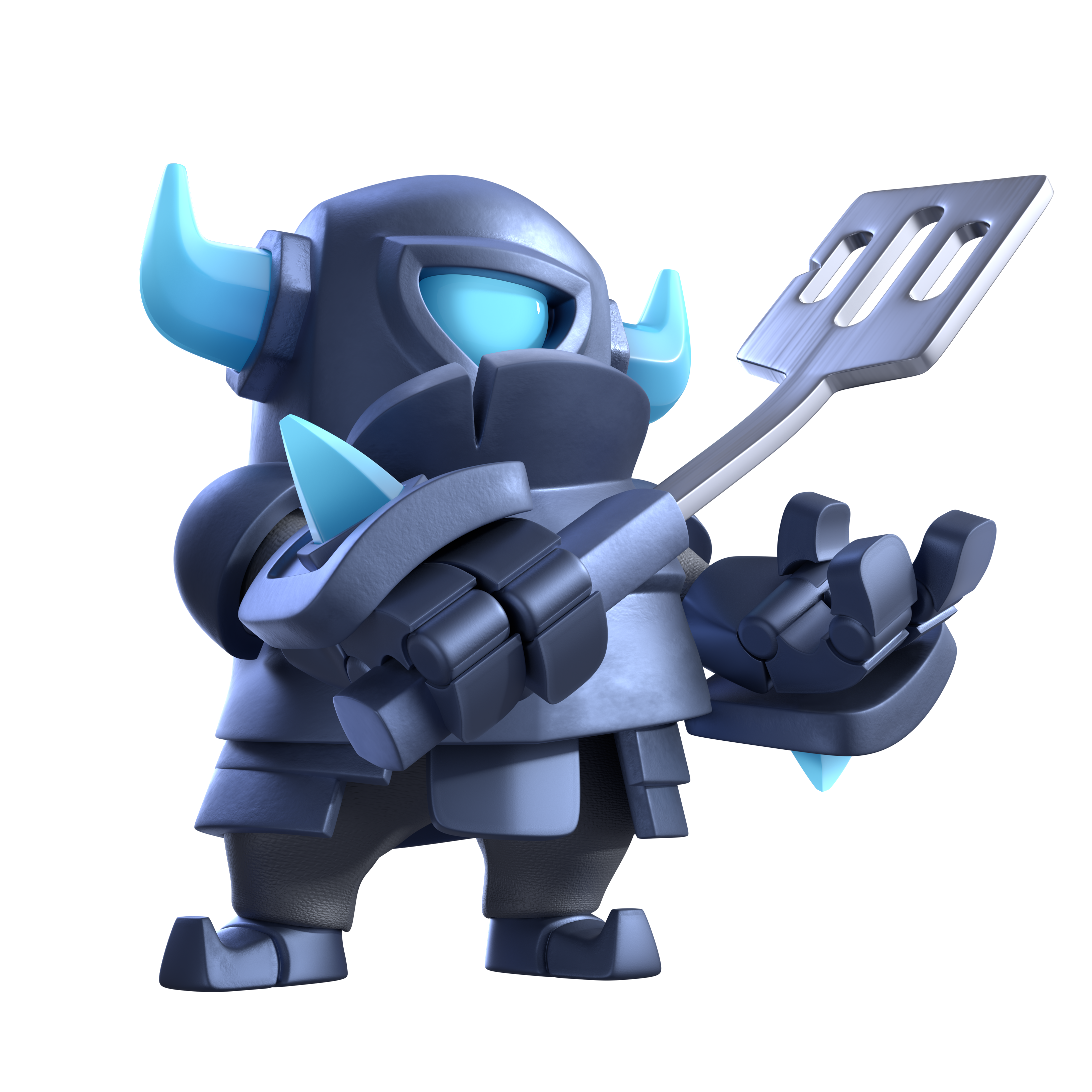

Supercell's Smash Bros: How "the stars aligned" for Squad Busters
Supercell is one of the most successful developers in mobile gaming, a feat even more impressive when you consider it's off the back of just five games. On May 29, the Finnish developer launched its sixth title, Squad Busters, and it's already a smash hit.
read article
How Supercell’s creator program helped shape Squad Busters
While some in the industry may take a transactional approach, we focus on fostering a true community,” Supercell creator program lead Rick Crane tells us.
read article
Head of Live Games Sara Bach talks company changes, world-beating live ops, and how to get back on top
Supercell stands out in the gaming industry not just for the genre-defining, high-quality games and repeated success but also for the unique cell structure and culture of empowerment and autonomy. From my experience, both outside and now inside the company, this environment is clearly different from other companies I've been part of.
read article
Why Supercell greenlights teams, not games – and is now open to external pitches
I have personal failures on that front, when my past new game teams fell apart. Sometimes it’s really those small interpersonal connections that create the biggest problems. My hope is that we frontload all those learnings from the past on why teams failed. Hopefully this way we can strengthen the creative core of a team and say: this team is really strong enough because they’ve gone through shit together.
read article
Supercell dodged ‘the great resignation’, but it’s doubling down on staff wellbeing anyway
“We work with a company who did a whole bunch of training to increase awareness of mental health and also reduce the stigma,” says Mansford. “If people aren’t talking about it, then that’s a problem in itself.” Staff can ask to be trained like mental health first aiders under a program called ‘Jedis of the mind’, and in Helsinki there’s a psychologist on-site twice a week. There are a raft of other training and online resources for staff who want to learn more in a less public way as well.
read article
Supercell talks breaking the mould of puzzle games with Clash Quest
"In my experience, whenever you change some design fundamentals, the whole game needs to be built in a different way. I don’t think many players will notice these differences, but they can have a big impact on how the game needs to be built.”
read article
Supercell CEO thrives on trusting the instincts of game developers
Our threshold for releasing anything to beta should be low, but our bar for releasing anything globally should be high. But one way to fail as a company would be you paralyze yourself. Nothing is ever good enough and you don’t put anything out. One thing we fundamentally believe in is that how we ultimately achieve the best quality is we learn as quickly as possible. If you never ship anything to real players, you never learn, and you never achieve ultimate quality.
read article
Less management, more success - Inside Supercell's upside-down organization
There is no greenlight process from management, no milestone meetings where teams need to justify their project’s existence to finance. Teams can kill their games and move on if deemed necessary. All creative decisions are up to the teams. So the role of management in an upside structure? Build great teams, and support them in their efforts in order to facilitate their success.
read article
What happens when you turn a studio upside down?
"I kept looking for approval. I kept going, 'Well, if I tell the game lead and he says it's okay then maybe it's okay,' and he was just like, 'Ah, do whatever, it's fine.' So I said, 'Well if I talk to 50% of the people on the team and they all say it's fine,' and I kept looking. 'What is the threshold for this is okay to do?' And the answer was, 'If you think it's the right thing to do, then do it, but also own it if it ends up being wrong.'"
read article
Trust Games
It all starts from trust. If the team's working independently, it can't work without trust. That trust needs to be mutual. The management needs to trust their developers to make great games, but the developers also need to trust the management to have their backs. If developers are afraid of failing because there will be consequences, then they won't take risks.
read article
Success and sustainability at Supercell
"Gaming is a creative business, and it's not about the hours you put in. Of course, sometimes you need to put in long hours, and the Brawl Stars team has been working super hard over the last two months. But that can't be the de facto way of working. Sometimes it can happen, but it can't be a rule. We're in a creative business and I just can't believe that people would come up with creative ideas if they're really, really tired or at risk of being burned out.”
read article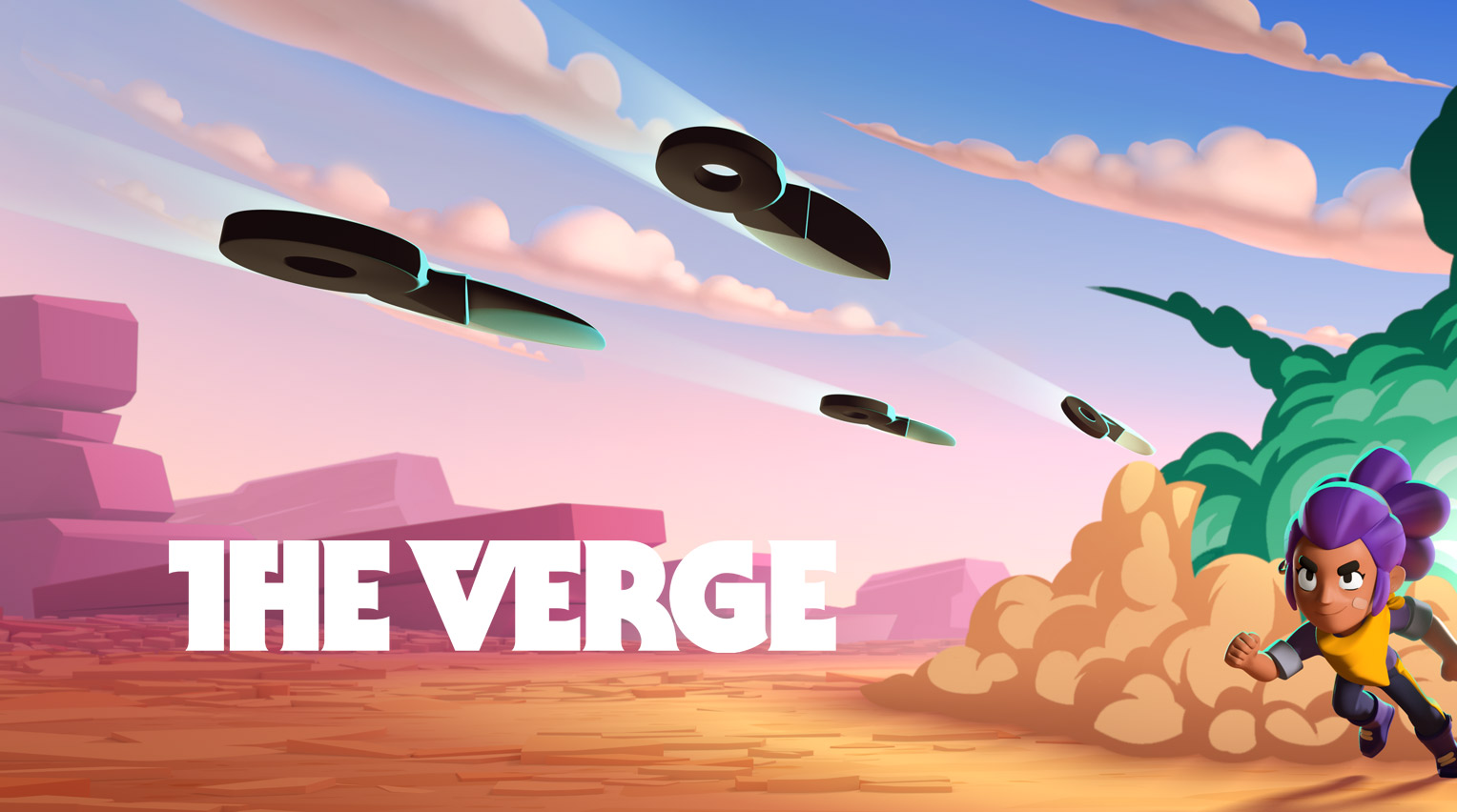
Brawl Stars is nearing its global launch
Development on Brawl Stars began around four years ago, and according to Jon Franzas, a designer and programmer who initially served as the project lead, it changed a lot over that time. “As a company we don’t have so much experience with this type of game,” Franzas explains. “So we wanted to launch it very early, in a very raw and unfinished state.”
read article
Supercell's Smash Bros: How "the stars aligned" for Squad Busters
Supercell is one of the most successful developers in mobile gaming, a feat even more impressive when you consider it's off the back of just five games. On May 29, the Finnish developer launched its sixth title, Squad Busters, and it's already a smash hit.
read article
How Supercell’s creator program helped shape Squad Busters
While some in the industry may take a transactional approach, we focus on fostering a true community,” Supercell creator program lead Rick Crane tells us.
read article
Head of Live Games Sara Bach talks company changes, world-beating live ops, and how to get back on top
Supercell stands out in the gaming industry not just for the genre-defining, high-quality games and repeated success but also for the unique cell structure and culture of empowerment and autonomy. From my experience, both outside and now inside the company, this environment is clearly different from other companies I've been part of.
read article
Why Supercell greenlights teams, not games – and is now open to external pitches
I have personal failures on that front, when my past new game teams fell apart. Sometimes it’s really those small interpersonal connections that create the biggest problems. My hope is that we frontload all those learnings from the past on why teams failed. Hopefully this way we can strengthen the creative core of a team and say: this team is really strong enough because they’ve gone through shit together.
read article
Supercell dodged ‘the great resignation’, but it’s doubling down on staff wellbeing anyway
“We work with a company who did a whole bunch of training to increase awareness of mental health and also reduce the stigma,” says Mansford. “If people aren’t talking about it, then that’s a problem in itself.” Staff can ask to be trained like mental health first aiders under a program called ‘Jedis of the mind’, and in Helsinki there’s a psychologist on-site twice a week. There are a raft of other training and online resources for staff who want to learn more in a less public way as well.
read article
Supercell talks breaking the mould of puzzle games with Clash Quest
"In my experience, whenever you change some design fundamentals, the whole game needs to be built in a different way. I don’t think many players will notice these differences, but they can have a big impact on how the game needs to be built.”
read article
Supercell CEO thrives on trusting the instincts of game developers
Our threshold for releasing anything to beta should be low, but our bar for releasing anything globally should be high. But one way to fail as a company would be you paralyze yourself. Nothing is ever good enough and you don’t put anything out. One thing we fundamentally believe in is that how we ultimately achieve the best quality is we learn as quickly as possible. If you never ship anything to real players, you never learn, and you never achieve ultimate quality.
read article
Less management, more success - Inside Supercell's upside-down organization
There is no greenlight process from management, no milestone meetings where teams need to justify their project’s existence to finance. Teams can kill their games and move on if deemed necessary. All creative decisions are up to the teams. So the role of management in an upside structure? Build great teams, and support them in their efforts in order to facilitate their success.
read article
What happens when you turn a studio upside down?
"I kept looking for approval. I kept going, 'Well, if I tell the game lead and he says it's okay then maybe it's okay,' and he was just like, 'Ah, do whatever, it's fine.' So I said, 'Well if I talk to 50% of the people on the team and they all say it's fine,' and I kept looking. 'What is the threshold for this is okay to do?' And the answer was, 'If you think it's the right thing to do, then do it, but also own it if it ends up being wrong.'"
read article
Trust Games
It all starts from trust. If the team's working independently, it can't work without trust. That trust needs to be mutual. The management needs to trust their developers to make great games, but the developers also need to trust the management to have their backs. If developers are afraid of failing because there will be consequences, then they won't take risks.
read article
Success and sustainability at Supercell
"Gaming is a creative business, and it's not about the hours you put in. Of course, sometimes you need to put in long hours, and the Brawl Stars team has been working super hard over the last two months. But that can't be the de facto way of working. Sometimes it can happen, but it can't be a rule. We're in a creative business and I just can't believe that people would come up with creative ideas if they're really, really tired or at risk of being burned out.”
read article
Brawl Stars is nearing its global launch
Development on Brawl Stars began around four years ago, and according to Jon Franzas, a designer and programmer who initially served as the project lead, it changed a lot over that time. “As a company we don’t have so much experience with this type of game,” Franzas explains. “So we wanted to launch it very early, in a very raw and unfinished state.”
read article